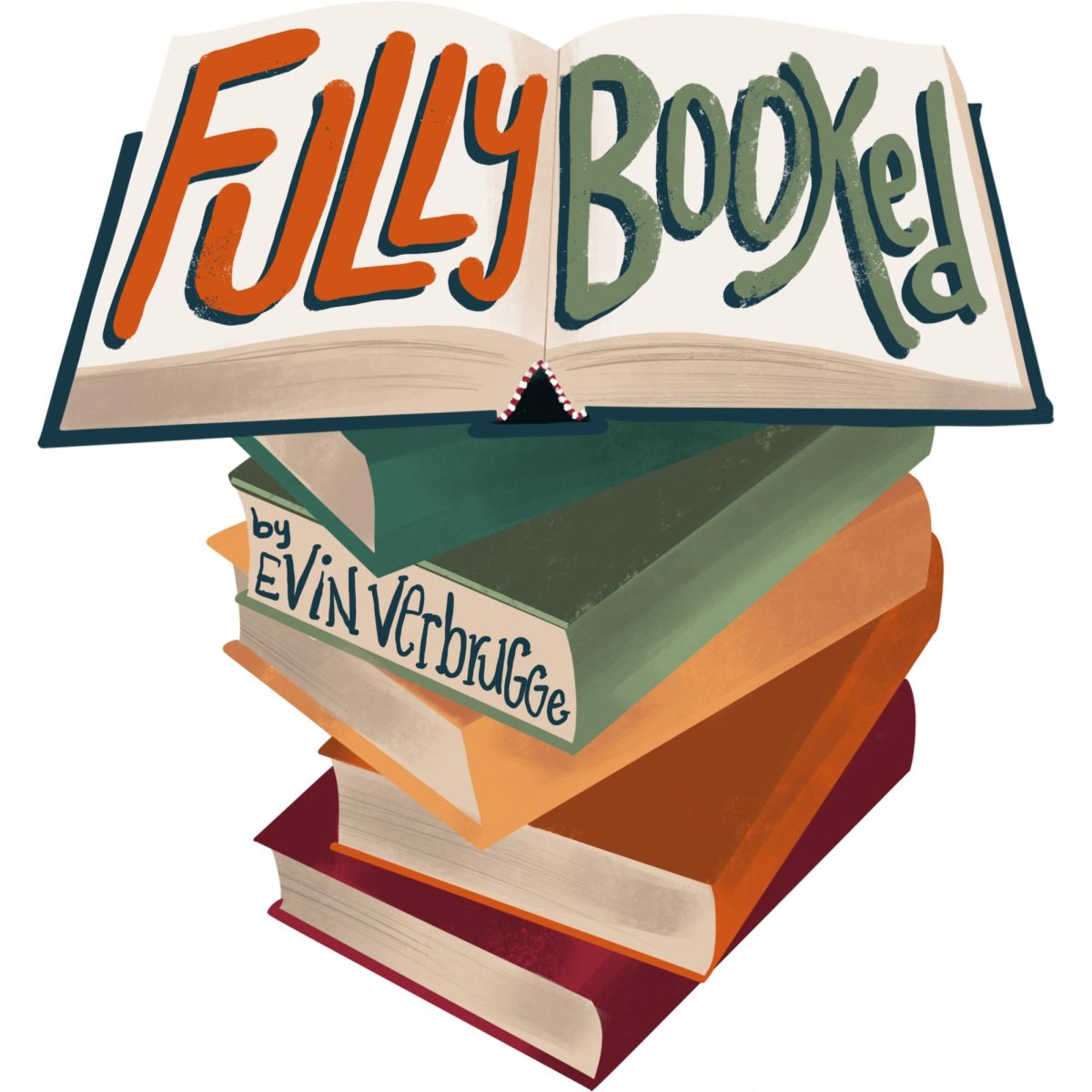The disappointment in a movie or the TV series adaptation of a book is all too familiar to me. It seems that so often when the story in a book is taken to the screen, it just doesn’t live up to what I — and many others — read on paper. Maybe you’ve seen a film adaptation first and don’t see the point in reading the book after. Sometimes you already know what happens, but speaking from my own experience, I think that’s a mistake. It’s no secret that movies leave out aspects of the book because there isn’t enough time to fit in every minor detail, but some movies exclude and change a lot more than you might expect.
So, I’ve compiled a short list of books that are more worth reading, whether or not you’ve already seen their film or TV series adaptations.
Little Women
The love for Louisa May Alcott’s classic novel “Little Women” is evident considering it’s been adapted for the screen nine times, both in film and TV series format. However, Greta Gerwig’s 2019 film is likely the version that most college students are familiar with, including myself. I didn’t read the novel until I had already watched Saoirse Ronan portray Jo March about 10 times. I wasn’t sure that I would enjoy the book as much as the movie, but once I started reading, I couldn’t stop.
One significant and blatant alteration made for Gerwig’s film adaptation is that the story concludes with Jo becoming a published author with her book, “Little Women.” While Jo is just as much of a passionate and determined writer in Alcott’s original version, she never publishes her own book. Aside from this and the split timeline, the 2019 film stays relatively loyal to the book, but as with any film adaptation, minor details are excluded. Because of this, I think that reading “Little Women” allows people to connect deeply with the characters even more than the movie does.
Daisy Jones and The Six
I decided to read “Daisy Jones and The Six” by Taylor Jenkins Reid after watching the trailer for the Amazon series. It was a book I struggled to put down and finished in two days, and by the time I reached the last page, I was a huge fan of a band that didn’t exist. The book is written as an oral history, providing perspectives from every member of the fictional band The Six, and I fell in love with the story and the writing format. After reading it, I started to question whether or not the series would accurately portray these characters I grew to love so much.
I knew this was a show that would change details, possibly hoping that viewers wouldn’t notice or care too early on when two characters were morphed into one and had a completely different reason for leaving the band than he did in the book. Because Camila was probably my favorite character in the book, I was confused to see the character on screen being portrayed in a very different manner than what I had read.
The Devil Wears Prada
Just like “Little Women,” I watched the film adaptation of “The Devil Wears Prada” before reading the book, and if I had read the book before watching the movie, I’m sure I would have been extremely disappointed. I can’t say I don’t like the movie — because I do — but as I was reading the book, I was shocked by how much the movie altered and excluded. There were some minor tweaks made to the film that didn’t change the story much, including the college that the main character graduated from, but others were more significant.
One of the most surprising aspects of the book was the character development. I consider the movie adaptation of this book to be on Andy’s experience working in the fashion industry for the first time, while the book delves into Andy’s life as a college graduate navigating her new life in NYC. Because of the substantial amount of detail from the book that the movie lacks, “The Devil Wears Prada” is a story best read, not watched.
The Perks of Being a Wallflower
Stephen Chbosky wrote one of my favorite books and directed one of my favorite movies, “The Perks of Being a Wallflower.” If you’ve ever read this book, you’re familiar with the letter format it’s written in and, as a reader, it feels incredibly vulnerable and personal. The letters are still included in the movie, but don’t quite define the story as much as they did in the book. As with each of these books and movies I’ve already listed, I don’t dislike the on-screen version, but the book deserves to be read.
I watched this movie immediately after finishing the book, and I noticed how several details contributing to character development were missing. I don’t think this hindered the film from creating three-dimensional characters, but I think the relationships the main character forms are much further developed in the book. A letter-reading narration in the movie might take away from the events taking place on screen, but if you’ve seen the film and felt connected to Charlie in any way, you’ll appreciate reading all of his letters included in the book.
This doesn’t mean that every film and TV adaptation of a book has disappointed me, because that’s far from true. Some movies that slightly annoy me because of their changes to the original story are still some of my favorite movies. I just think that books offer more detailed storylines and more opportunities to connect with characters. Whether I read the book before or after watching the movie, I notice the contrasts in storylines, and even if I love the movie, I’m always glad I read the book.



